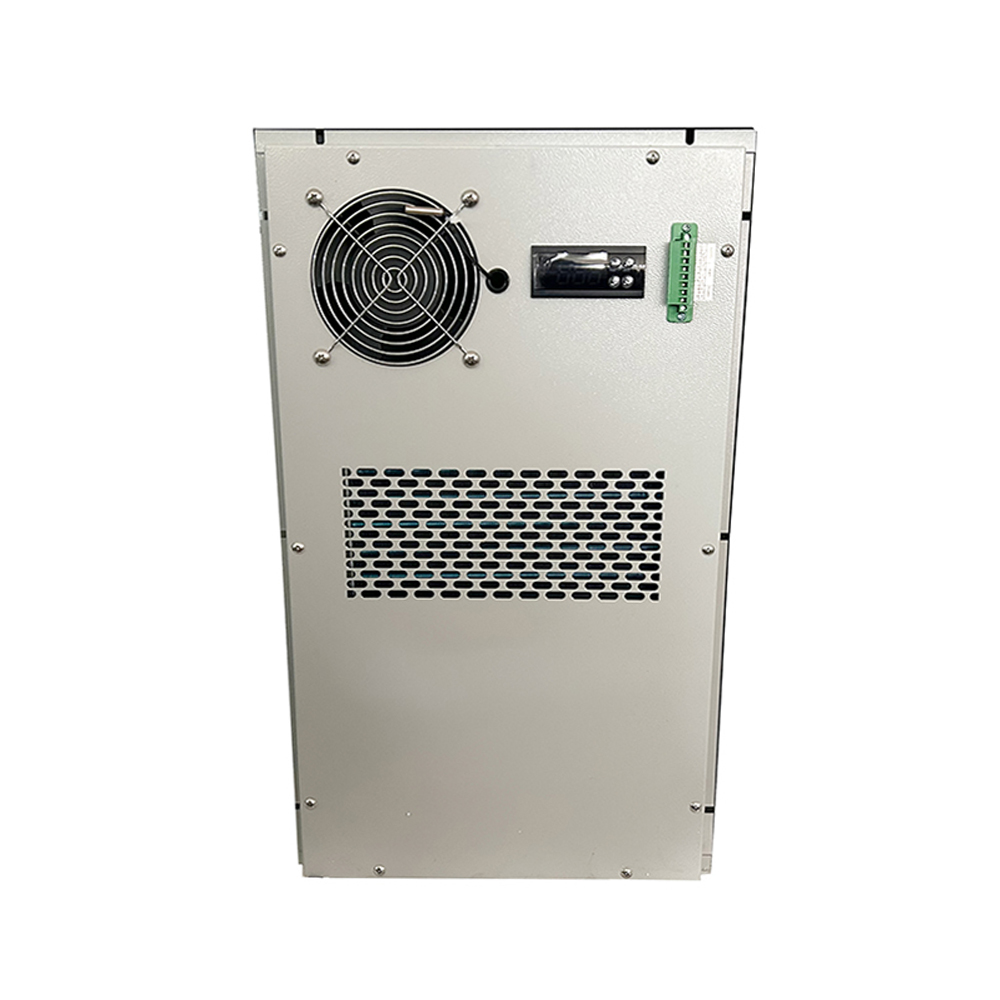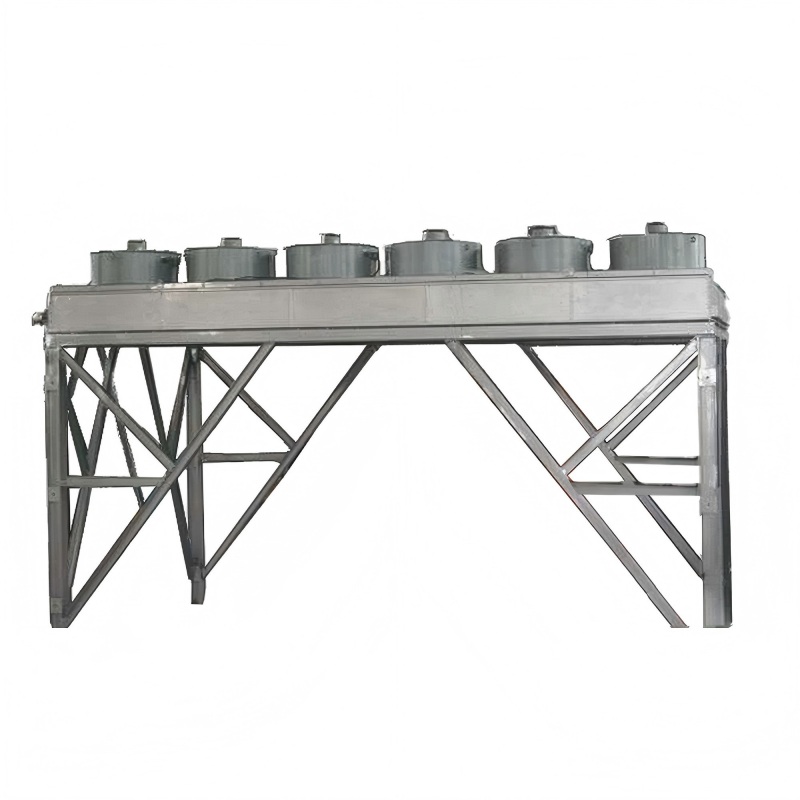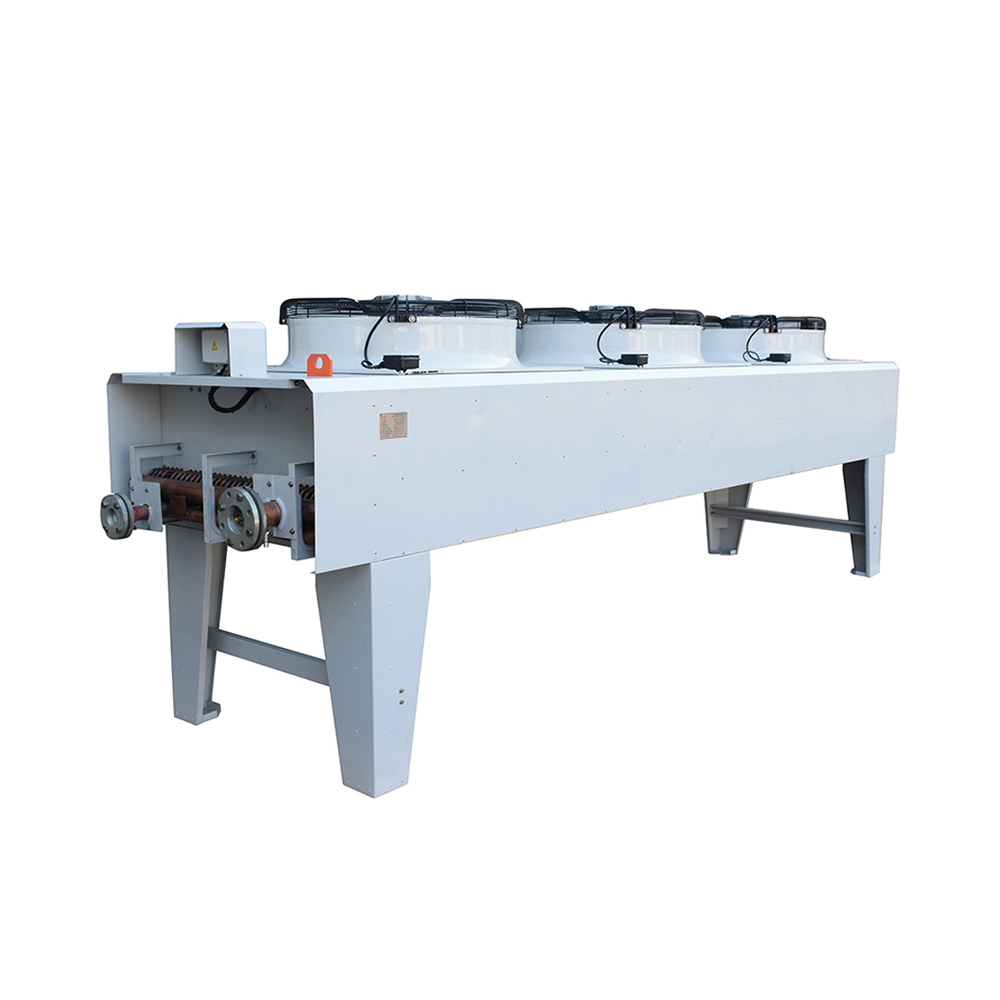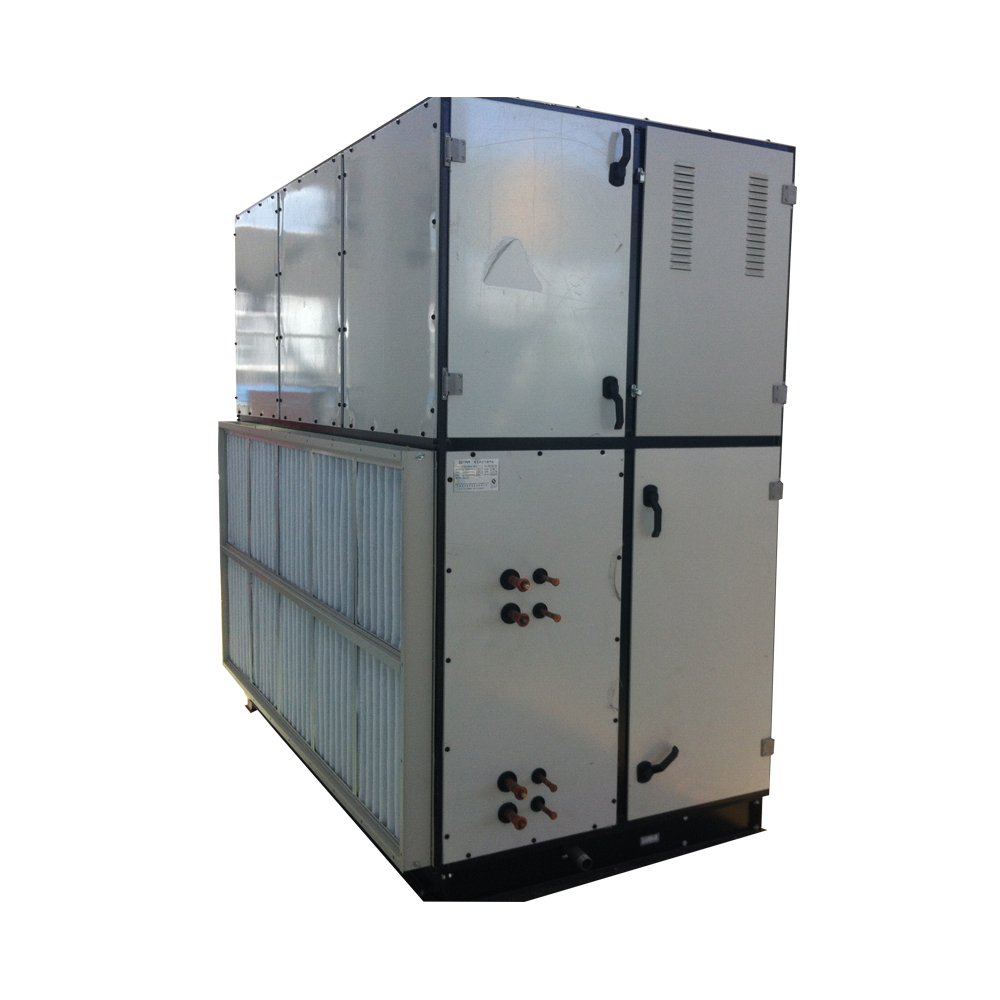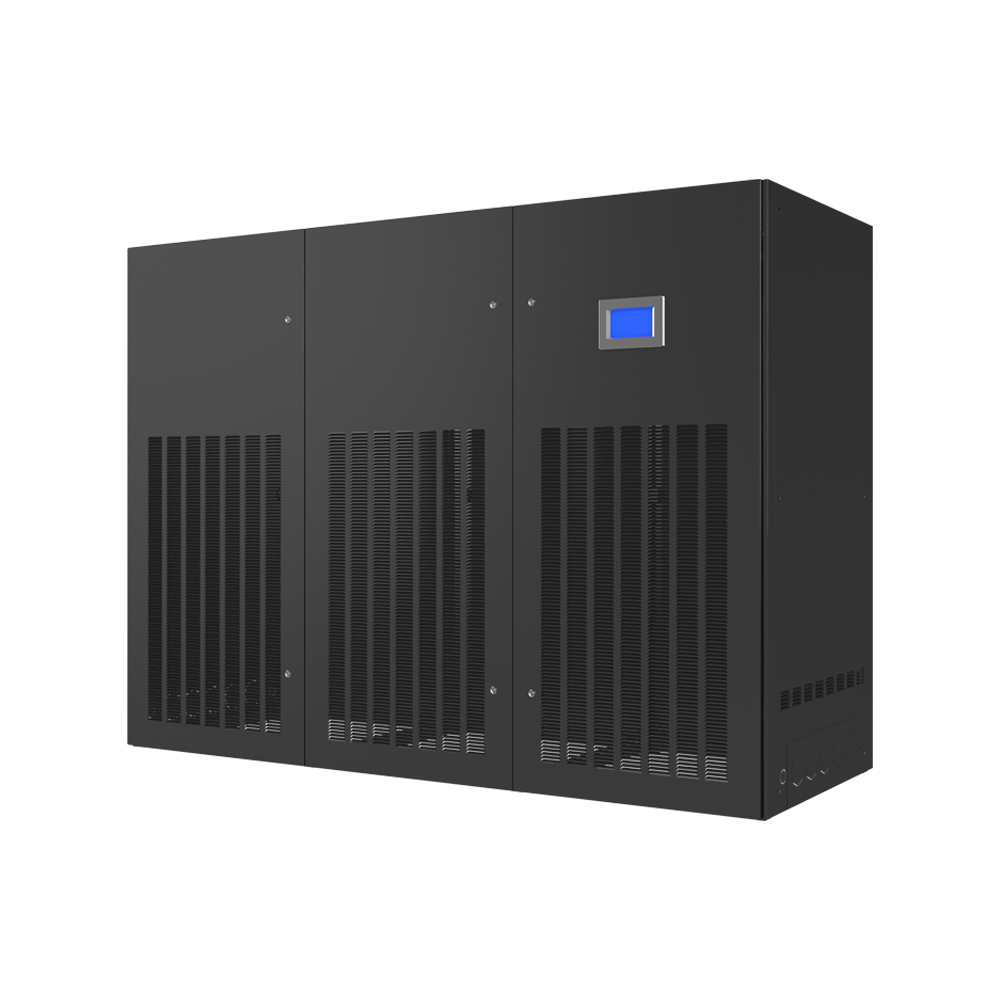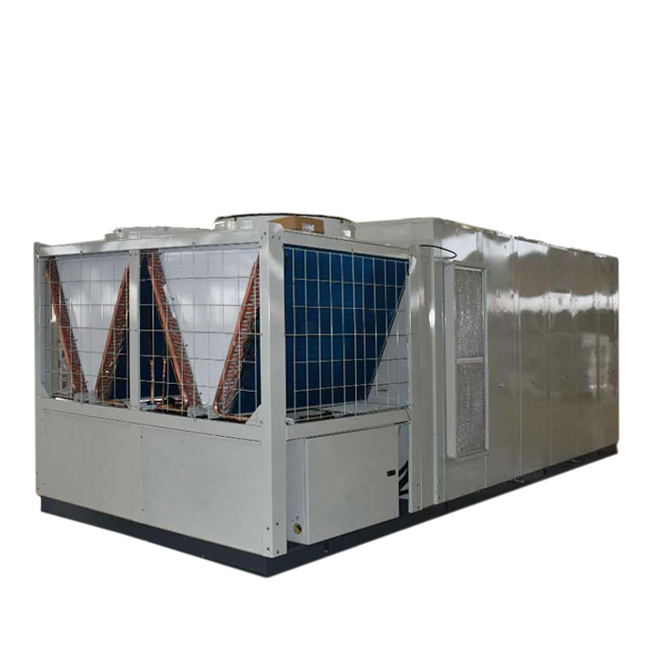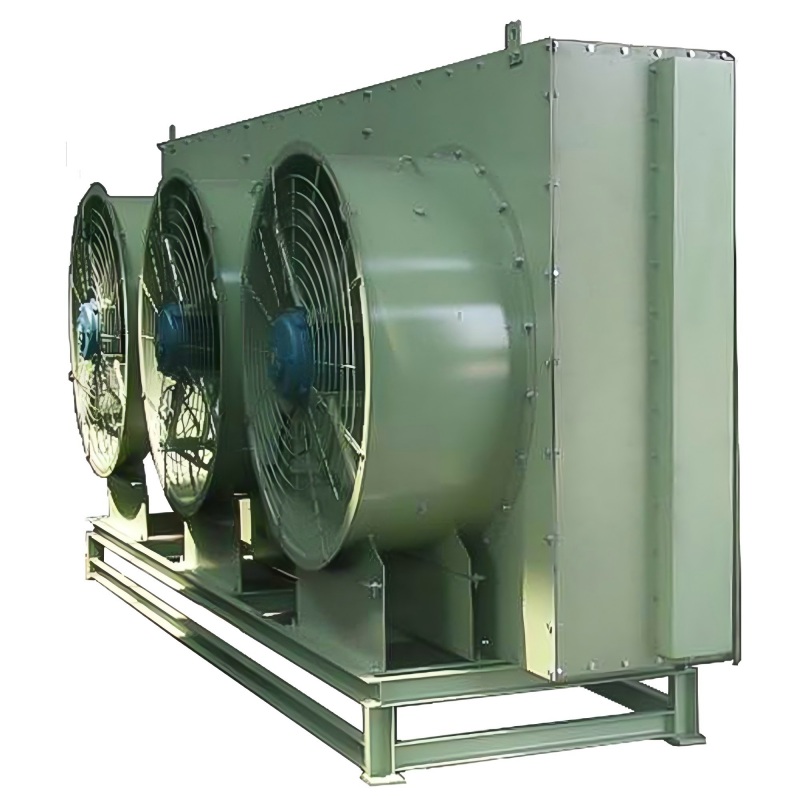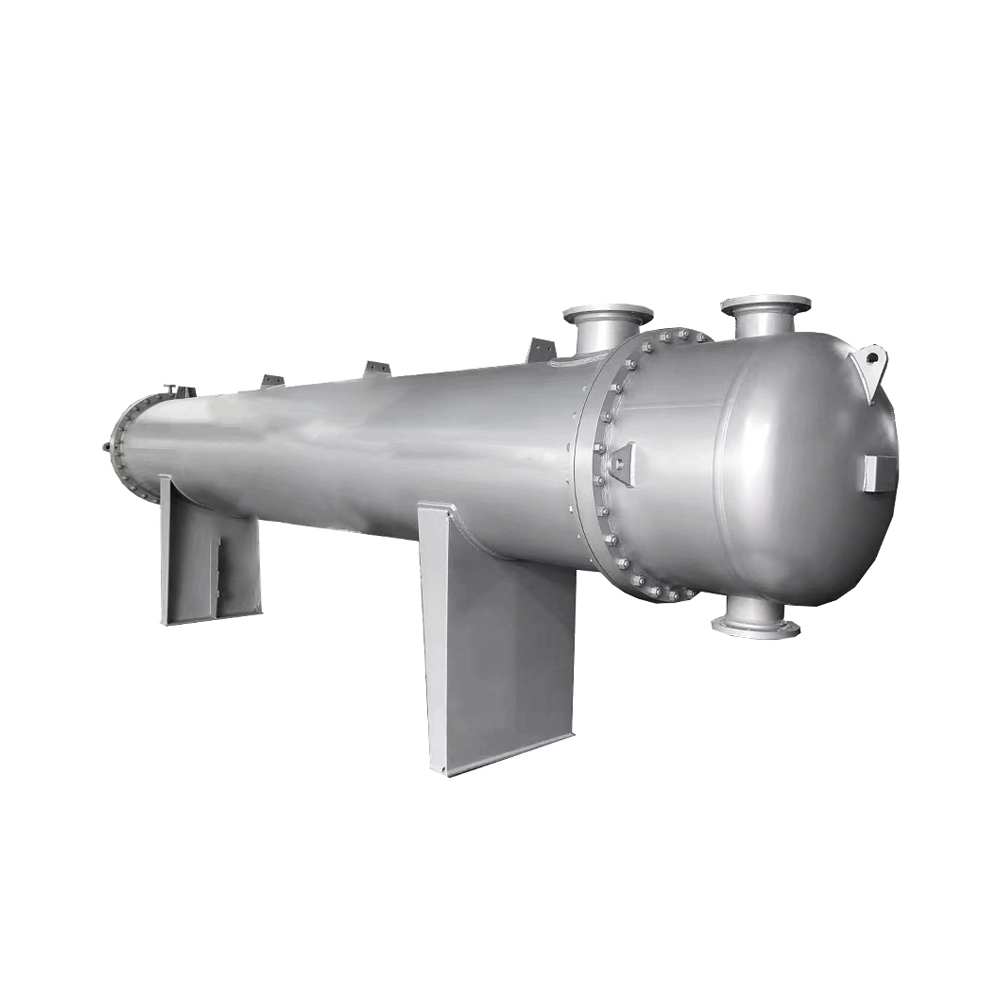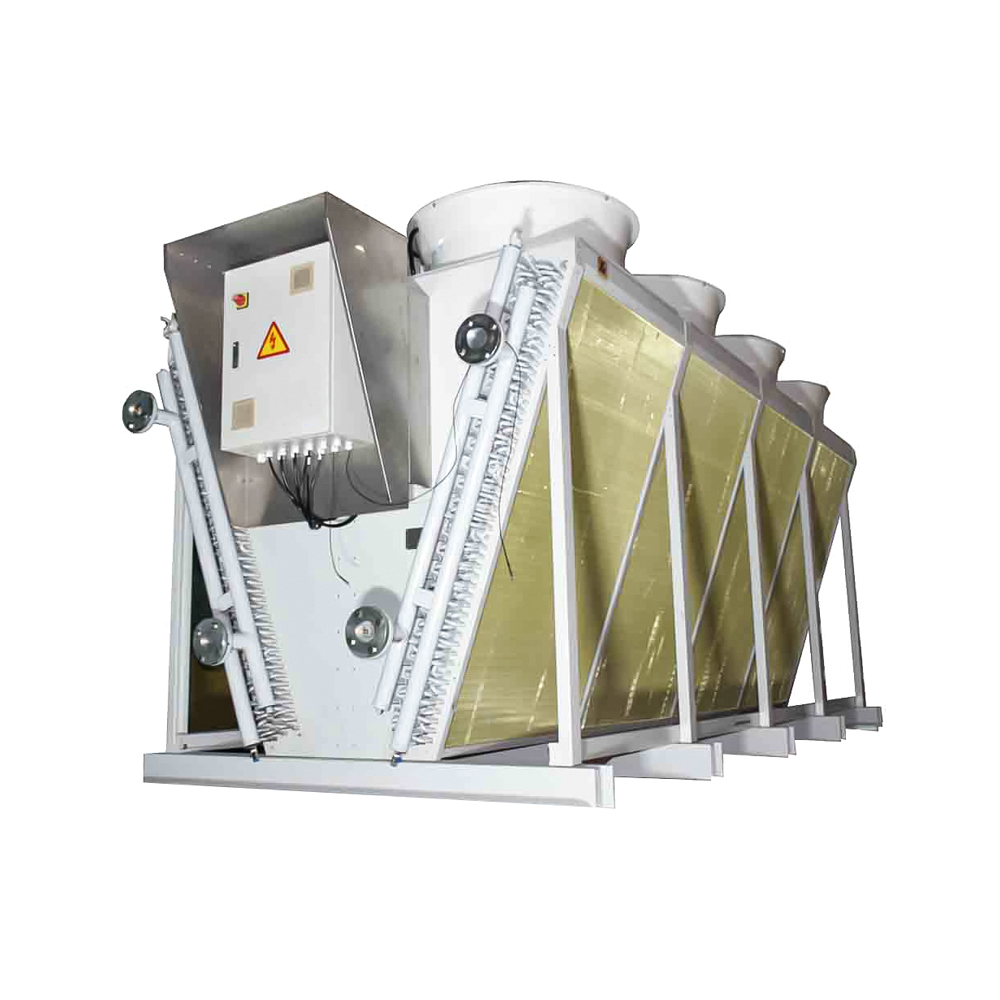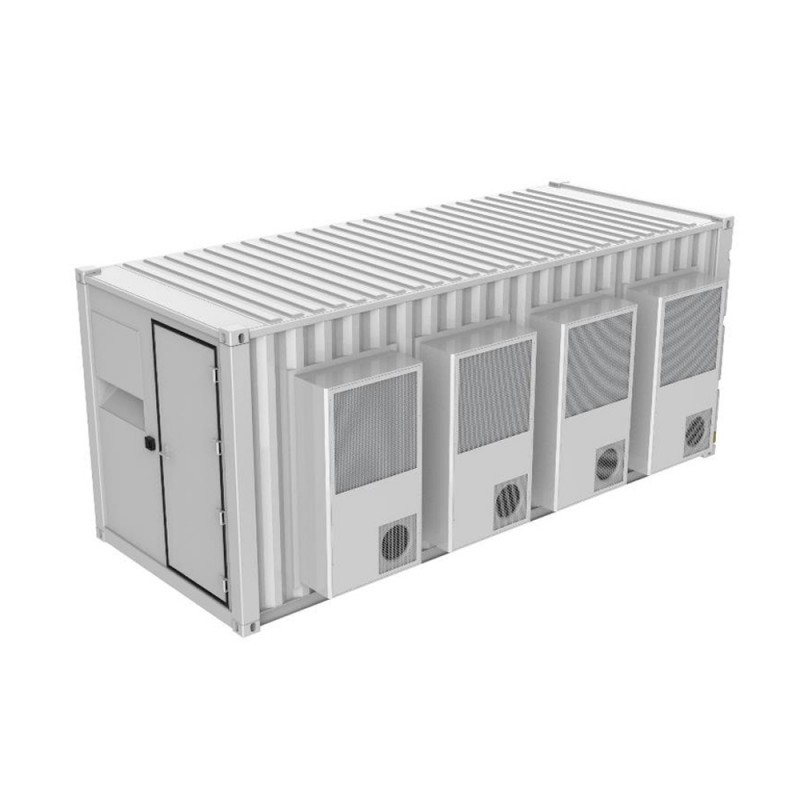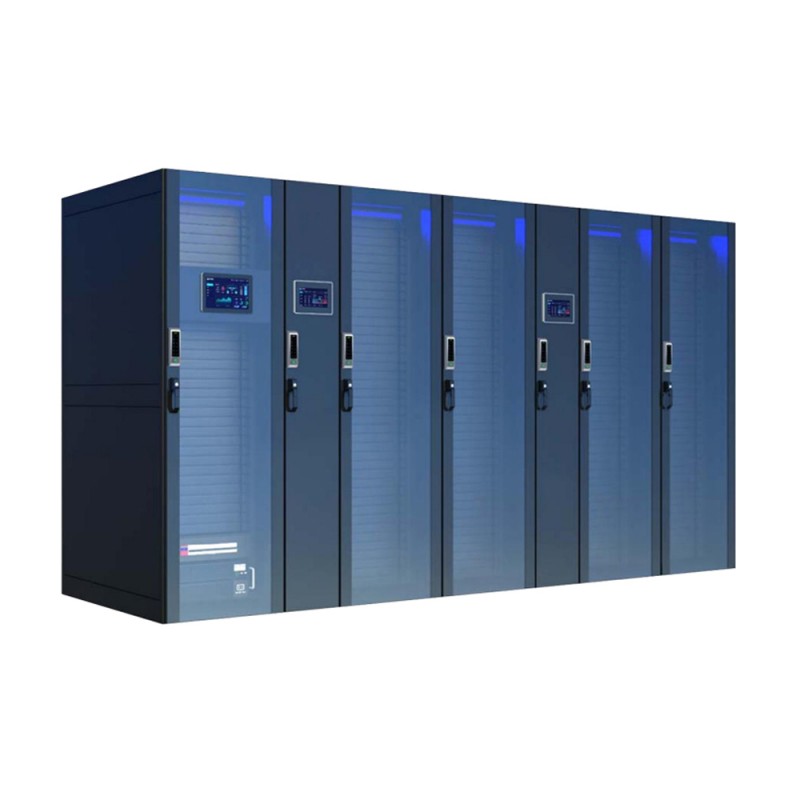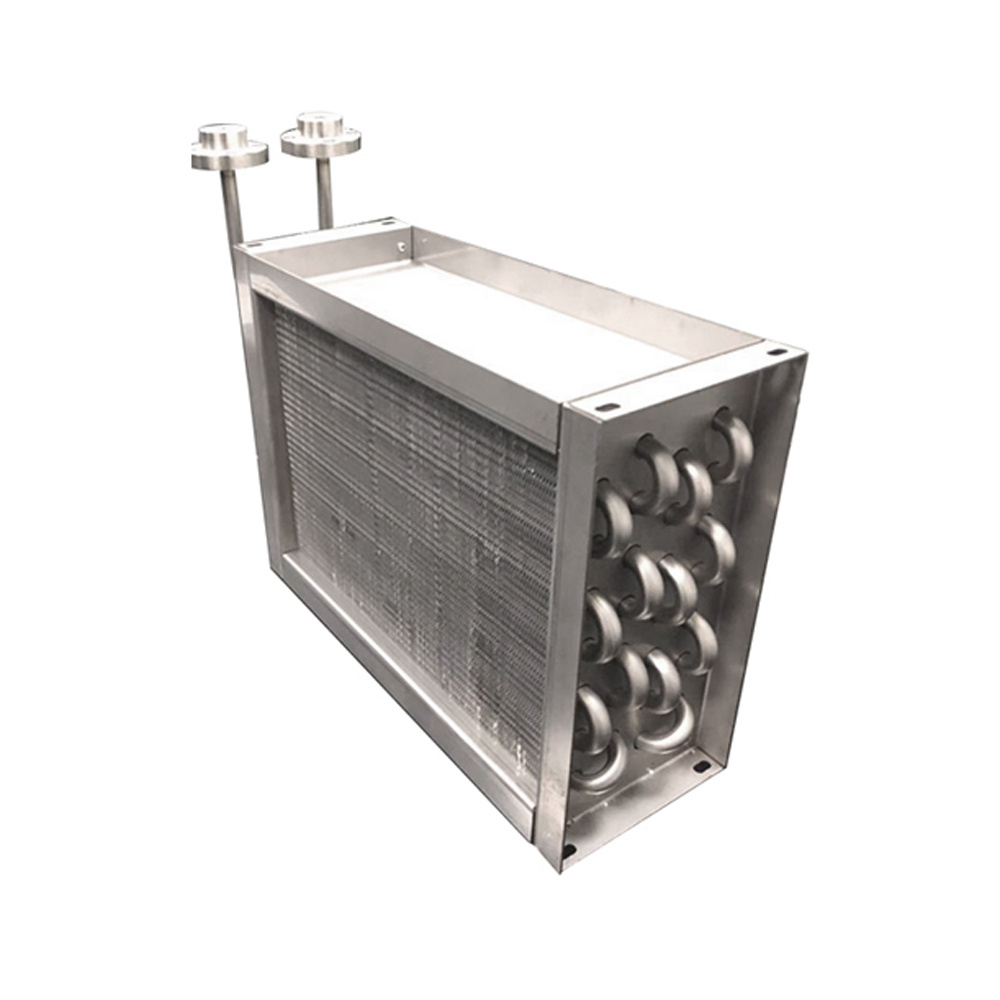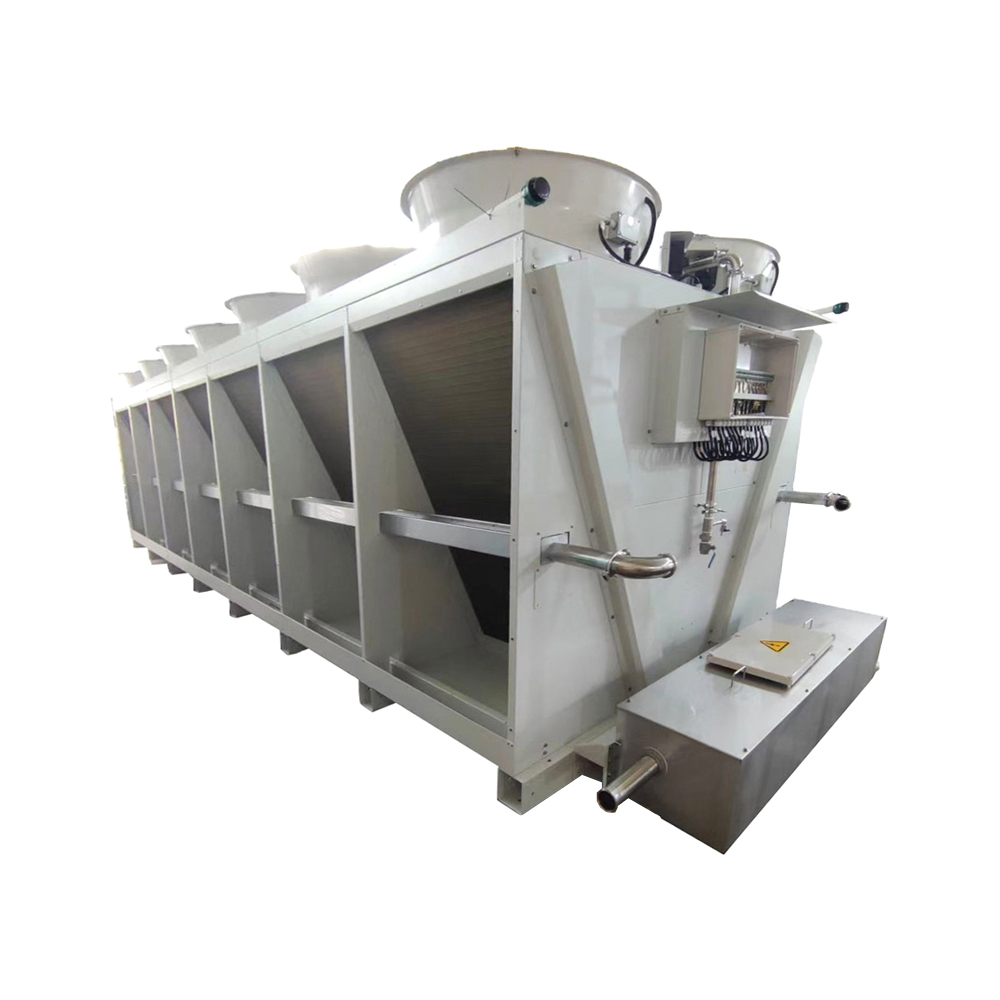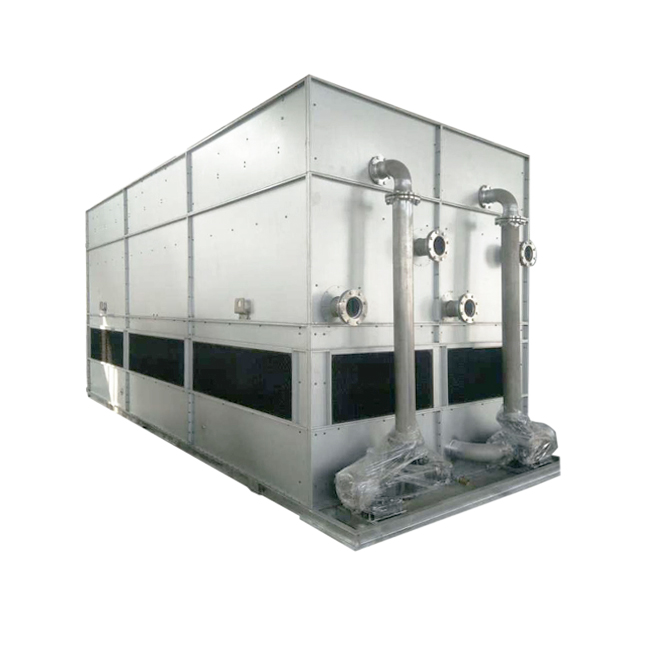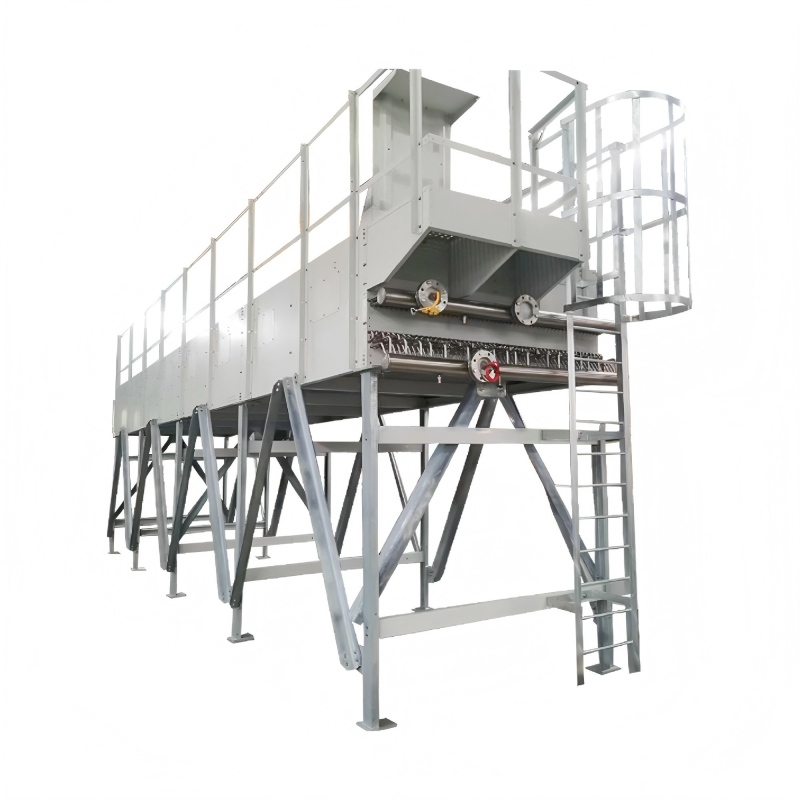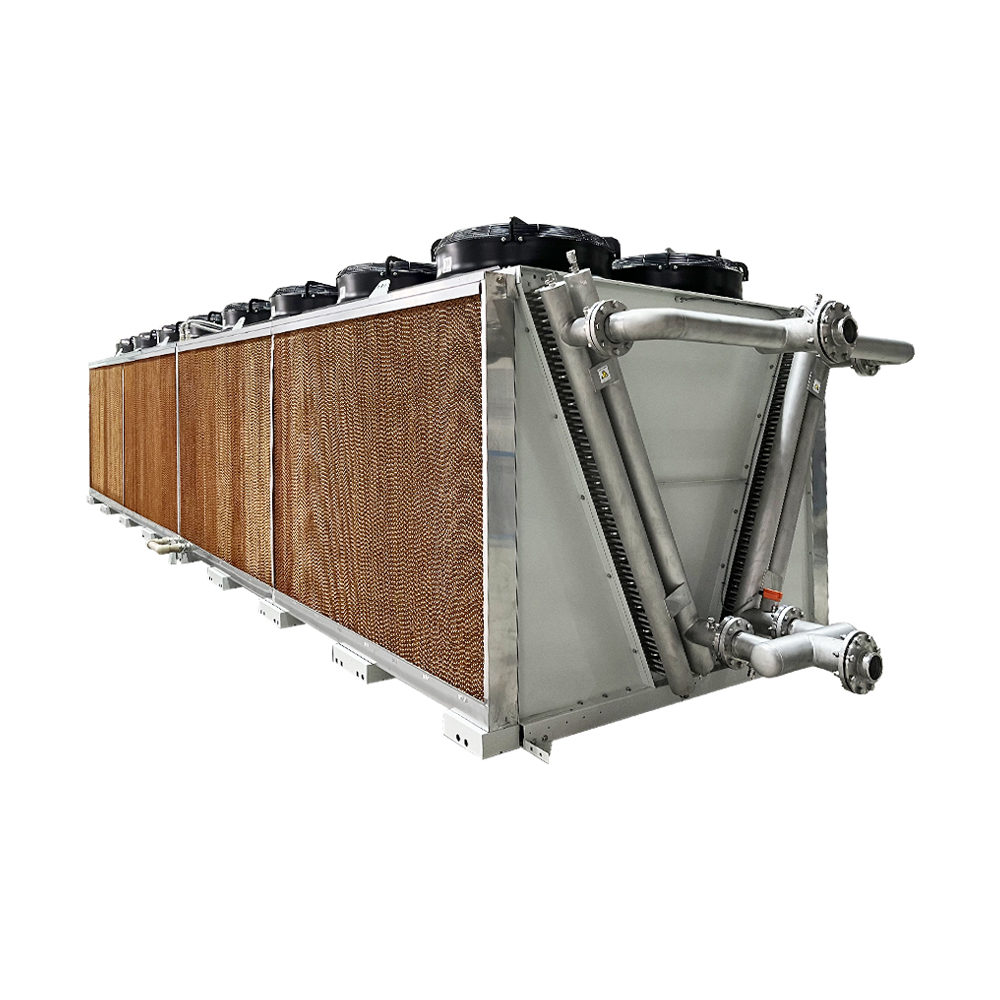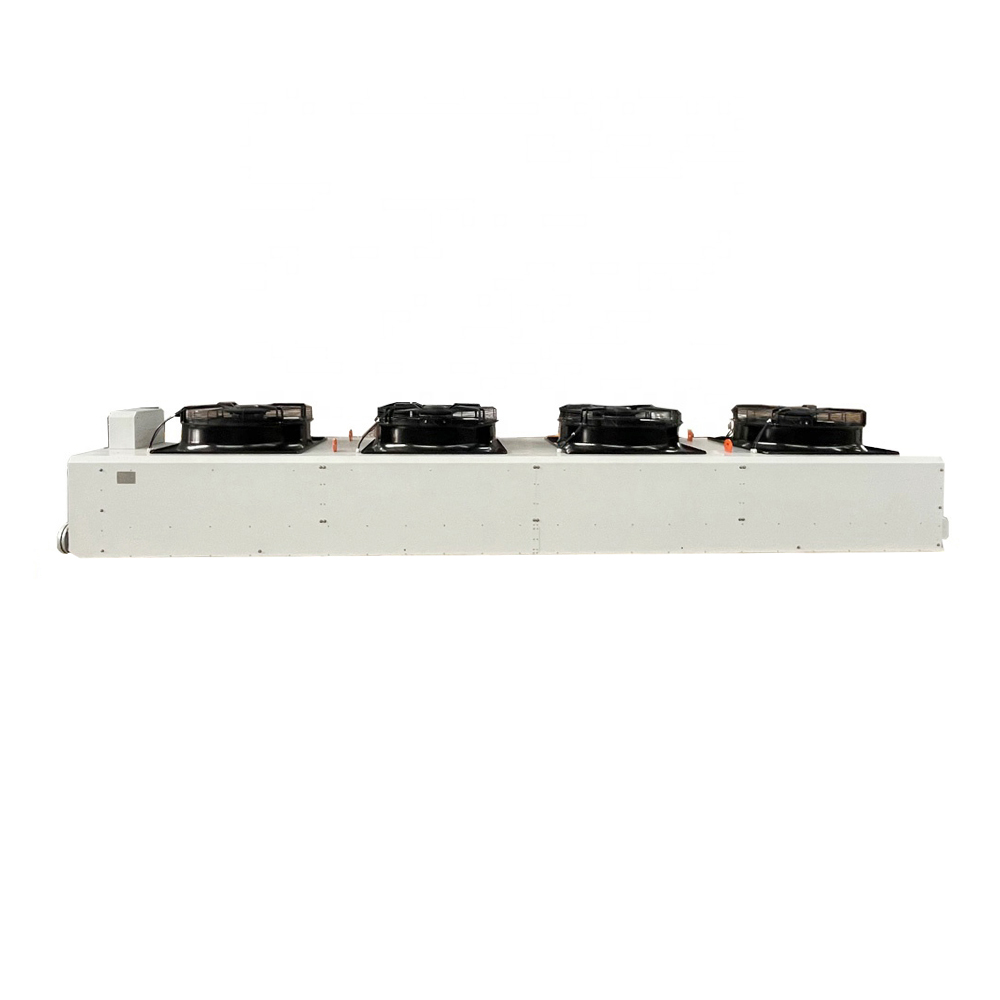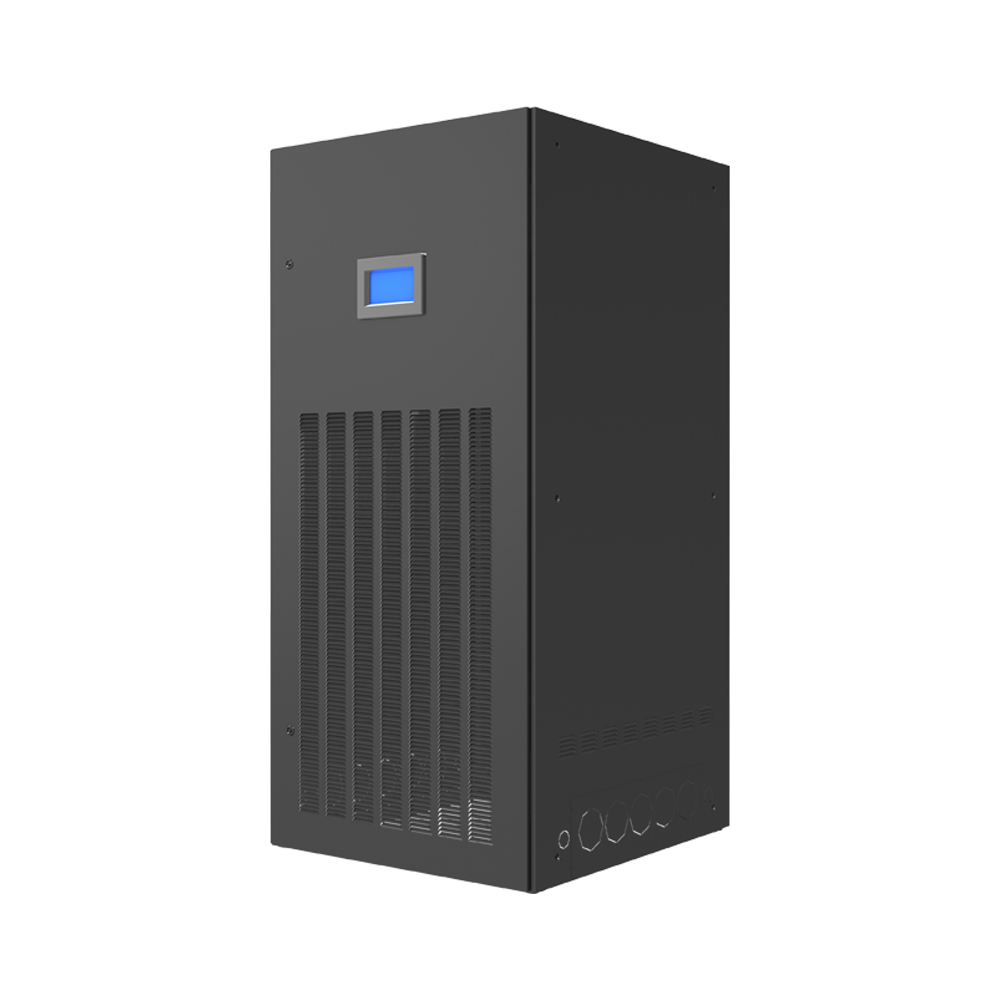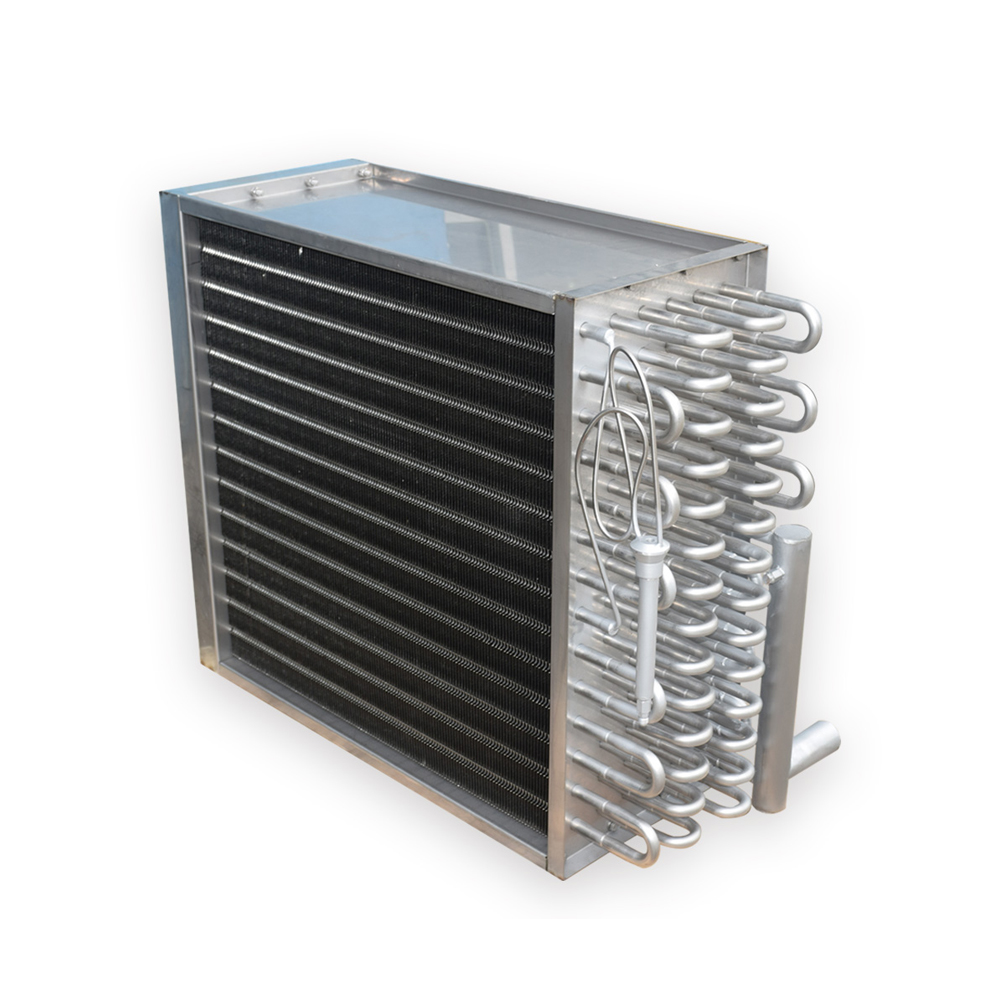Selecting the right custom air handling unit is crucial for maintaining optimal indoor air quality and comfort. This comprehensive guide dives deep into the world of AHUs, exploring design options, efficiency considerations, and the factors that influence the choice of a specific unit. Whether you're building a new facility or upgrading an existing system, understanding the nuances of custom air handling units is essential. This guide will help you navigate the process, empowering you to make informed decisions.
Understanding Custom Air Handling Units
Unlike standardized units, custom air handling units are engineered to meet specific requirements. This tailored approach allows for precise control over airflow, temperature, humidity, and filtration, resulting in a system perfectly optimized for your unique needs. The flexibility offered by custom design extends to various aspects, including size, capacity, features, and integration with existing building systems. Consider the factors involved in your building design and environmental conditions to make sure you create a customized system that performs optimally.
Types of Custom AHUs
There's a wide variety of custom air handling units available, each designed to address specific application needs. Common types include:
- Packaged AHUs: Pre-assembled units that simplify installation.
- Split-system AHUs: Units with separate indoor and outdoor components, ideal for larger spaces.
- Custom-designed AHUs: Units tailored to unique specifications and project requirements.
The choice of AHU type depends on factors like building size, HVAC load, and budget constraints. Consulting with experienced HVAC engineers is crucial in making the optimal selection.
Key Considerations for Custom AHU Design
Designing an effective custom air handling unit requires careful consideration of several key factors:
Airflow and Capacity
Accurate airflow calculation is paramount. The unit must be appropriately sized to handle the required air volume for proper ventilation and climate control. Insufficient capacity leads to inefficient cooling or heating, while excessive capacity results in wasted energy.
Filtration and Air Quality
The choice of filters significantly impacts indoor air quality. Options range from basic filters to HEPA filters capable of removing even microscopic particles. The selection should align with the desired level of air purity and the specific pollutants prevalent in the environment. Consider the importance of indoor air quality in your space, especially for sensitive applications like hospitals or clean rooms.
Energy Efficiency
Energy efficiency is a critical concern in modern HVAC design. Factors like motor efficiency, insulation levels, and control system sophistication all influence the energy consumption of the custom air handling unit. Investing in high-efficiency components can result in significant long-term cost savings. Consider the cost implications of energy consumption, especially in large facilities where even small differences can amount to significant expenses.
Choosing the Right Custom AHU
Selecting the appropriate custom air handling unit requires careful evaluation of various factors, including:
| Factor | Description |
| Building size and layout | The physical dimensions of the building and its layout directly influence AHU size and airflow requirements. |
| HVAC load | This determines the required heating and cooling capacity of the unit. |
| Budget constraints | Cost is a significant consideration, balancing initial investment with long-term operational expenses. |
| Maintenance requirements | Selecting a unit with easy access for maintenance and filter replacements is crucial. |
| Environmental conditions | External factors like climate and ambient air quality influence AHU design. |
For expert guidance in selecting and installing a custom air handling unit, contact Shanghai SHENGLIN M&E Technology Co.,Ltd, a leading provider of HVAC solutions. Their expertise ensures you receive a system perfectly suited to your specific needs. They offer a wide range of solutions to meet your custom needs.
Installation and Maintenance
Proper installation and regular maintenance are crucial for optimal performance and longevity. Incorrect installation can lead to reduced efficiency and potential malfunctions, while neglecting maintenance can result in premature wear and tear. Following manufacturer guidelines and engaging qualified technicians for both installation and maintenance ensures the long-term reliability of your custom air handling unit. Regular filter changes are also an important part of the preventative maintenance process.
Remember, investing in a well-designed and properly maintained custom air handling unit provides a significant return on investment, ensuring comfortable and healthy indoor environments for years to come.









